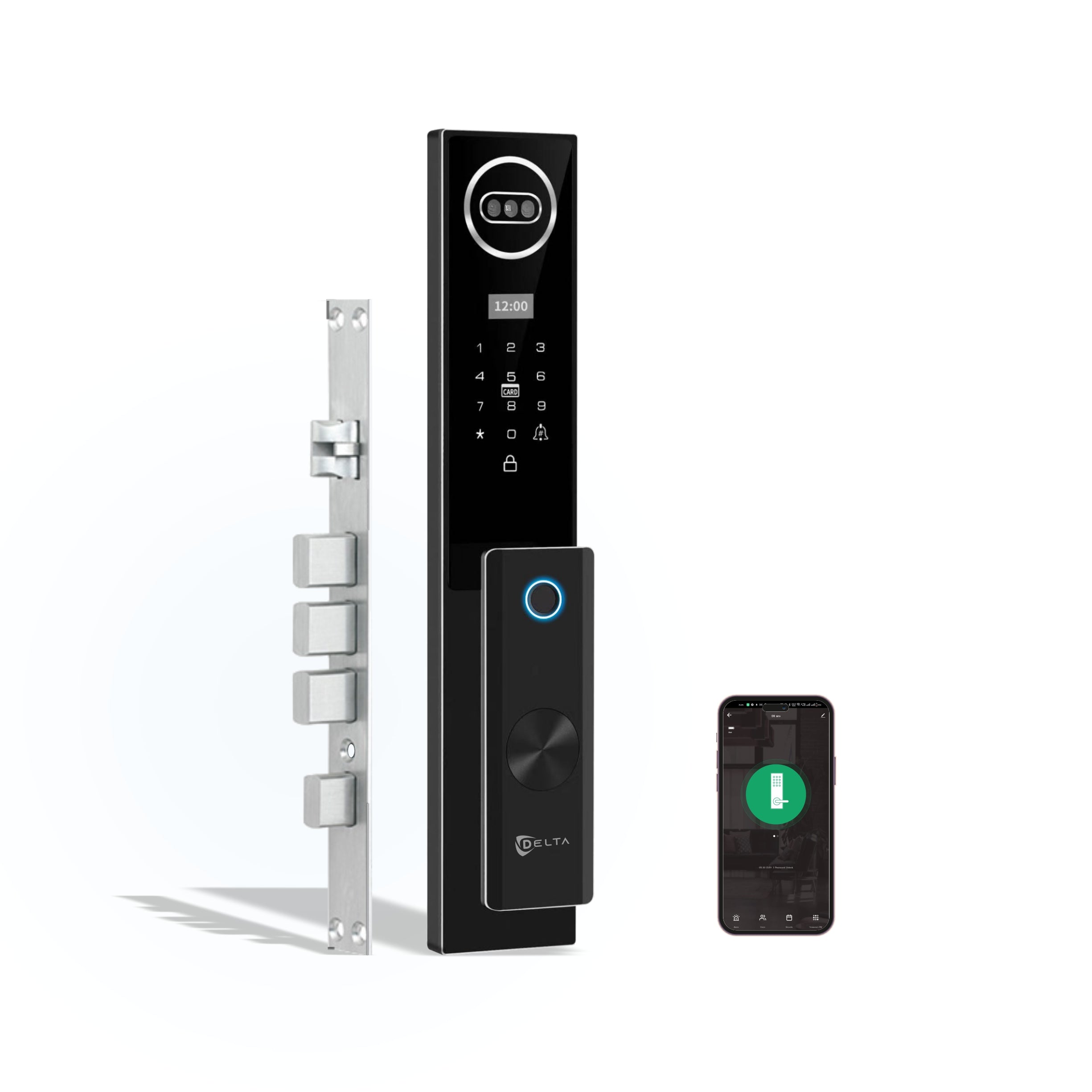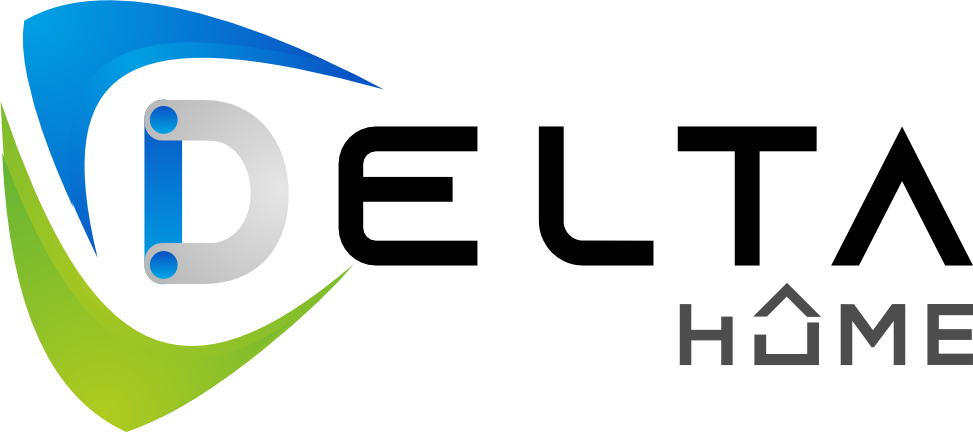Searching for Types of Smart Locks? Here we are talking about the various Types of Smart Locks. By reading article you will be able to choose Best Smart Lock for you.
The use of home automation technologies is becoming increasingly popular among homeowners. The smart lock, a modern twist on the home security system, is one of the most recognized examples of home automation. The best smart lock utilizes cutting-edge technology to improve your life's ease.
These quick facts are:
- A smart lock is an electronic gadget that, among other things, enables you to lock and unlock your door without a physical key.
- Top Smart Locks come in a variety of varieties, including garage door smart locks, Bluetooth smart locks, and Best Wifi Smart lock.
- The features you require and the intended application of the lock will determine the kind that is ideal for you.
What Different Types of Smart Locks Are There?
Due to their increased accessibility and capabilities, Top Smart Door Locks are quickly taking over homes and workplaces as standard features. For immediate peace of mind, they provide you with access to control, comfort, and security.
Understanding the different types of smart locks will help you pick which one best meets your needs as they have a broad variety of features.
Smart Lock with Keypad and Combination - A master passcode is required to access the Best Smart Keypad Door Lock. Passcodes can also be created for various users. Keypad deadbolts, keypad deadbolts with a knob or lever, and keypad deadbolts with a handle set are the three different types of combination keypad smart locks. You could use a touchscreen or actual buttons to interact. Numerous versions include simple connections to other smart home technology.
Best Wifi Smart Lock - You may control your lock from anywhere by using the Best Wifi Smart Lock to connect to your home's Wi-Fi network. A Wi-Fi smart lock may be controlled locally, remotely, or both without the need for extra hubs or integrations.These Top Smart Locks, however, need several batteries, and battery changes are necessary frequently since Wi-Fi uses more energy. Due to the requirement to accommodate numerous batteries, they are also larger in size.
It is not necessary to be close to a router or access point to connect because Wi-Fi locks support a long-range connection.
Smart Bluetooth Locks - Smart locks that use Bluetooth may still be operated without an online connection. Bluetooth can only be used when your phone is close to the lock because it is a short-range wireless protocol (often between 20 and 30 feet), adding to the security. Although there are ways to increase the range, Bluetooth hubs and other smart device gateways don't exactly have Wi-Fi smart locks' range.A Bluetooth Smart Lock doesn't support remote control by itself when you're not home. However, when used in conjunction with a smart home hub, certain Bluetooth Smart Locks may be operated remotely.
Additionally, a Bluetooth Smart Lock consumes a lot less energy than a lock powered by a Wi-Fi connection, extending its battery life.
Smart Fingerprint Door Lock - Your fingerprint is scanned and turned into a numerical template by a fingerprint or Biometric Smart Door Lock . By sharing that template, you may provide other people with access. This is a great security choice because your fingerprint is impossible to forget and nearly impossible to fake - unless you're James Bond! The ideal option is to get a Smart Door Lock Biometric that also has a mechanical lock or keypad for emergencies.Conclusio
There are various things to think about when you buy smart lock. Do you need a retrofit installation done quickly? Your choice and your home system may be integrated. Will you use your phone to control your lock? You can choose from a wide variety of cutting-edge lock systems with Deltahome because we make security for you smart, practical, and thrilling.



